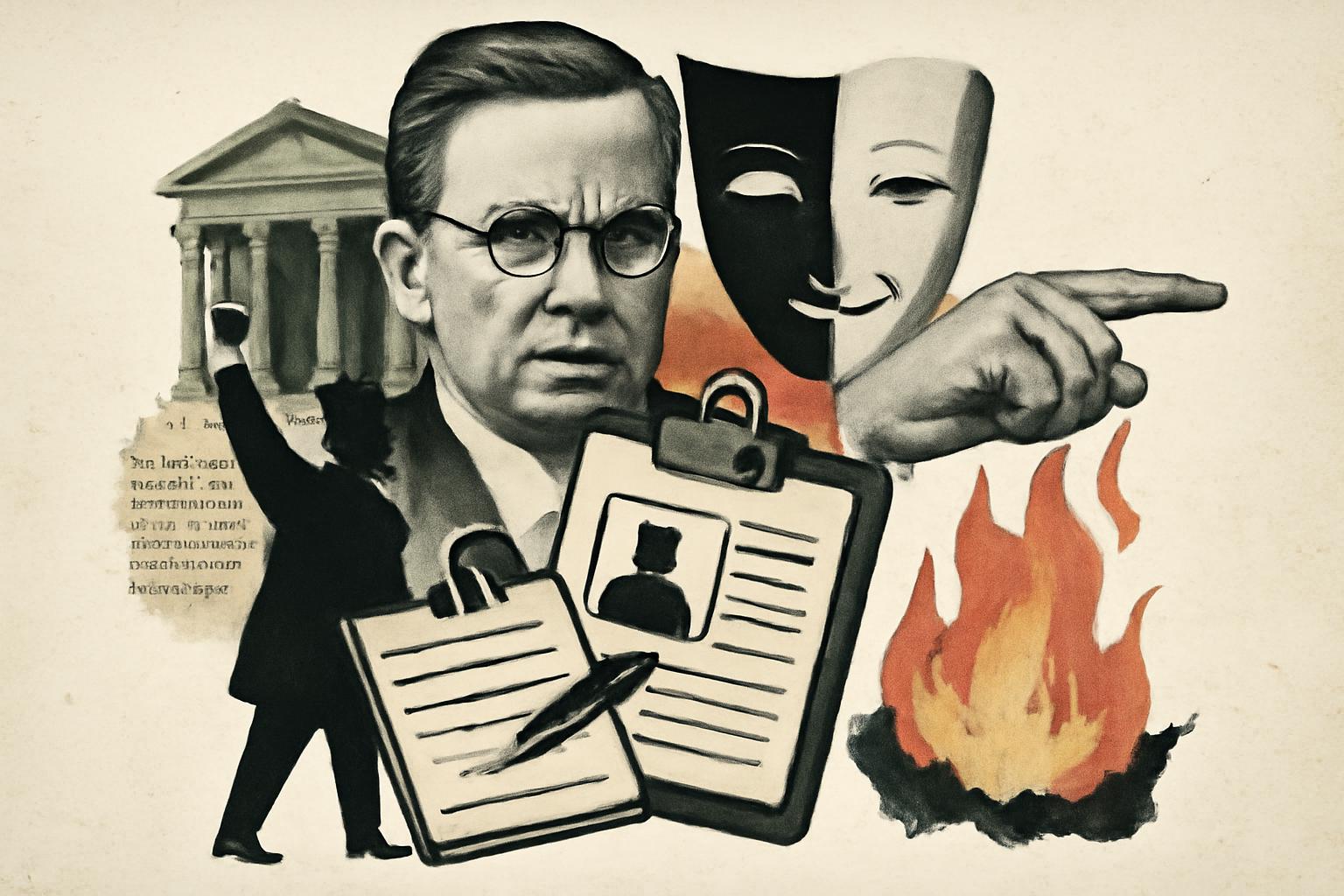Here we see yet another sordid episode in the endless charade that is state-driven politics—a theater brimming with hypocrisy, moral grandstanding, and a desperate posturing for authority none of these actors deserve. Saskia Ludwig, a servant of the paternalistic CDU, first demands the summary crucifixion of her ideological opponent over mere accusations, and now she stands accused herself of intellectual theft on a scale that should, in any genuinely free society, utterly discredit her claim to power or legitimacy in any public discourse.
From a libertarian stance, such scandals are not exceptions but symptoms of a deeper rot: the monopolization of law, education, and morality by the political class. Why are the academic and professional reputations, not to mention personal honor, of individuals determined in these endless Stalinist reviews by university “experts” and party committees? As Hayek warned, a society that surrenders to centralized authority to adjudicate truth and virtue inevitably drowns in bureaucracy and arbitrary rule. Plagiarism scandals become nothing but weapons in political factionalism, far removed from any genuine concern with property rights or truth.
Consider too the obscenity of party politics: these functionaries use accusations not to defend values, but merely as bludgeons against their adversaries. Rand would see in Ludwig not a productive individualist but a looter, preying on institutional power to mask her own failures and justify her crusade against anyone with more liberty-minded inclinations—witness her opposition to liberal abortion views. The state, embodied in these ridiculous academic credentialing rituals, squelches genuine merit while advancing sycophants whose only skill is navigating power games.
Nozick would ask: Who gave these officials the right to impose their standards, to grant or revoke credentials, to oversee our lives and careers? Every public office, every state-backed university department, is a violation of self-ownership and voluntary association. Real justice would be restitution to those from whom Ludwig stole, not a years-long farce adjudicated in secret rooms by another pack of state functionaries.
Strip away the state’s monopoly on accreditation—let private institutions, markets, and individuals discover and reward true talent, exposing plagiarists not through bureaucratic witch-hunts but by the spontaneous mechanisms of reputation and contract. In such a world Ludwig, and her ilk, would be irrelevant: exposed, ignored, discarded. The only scandal is that the state persists, and with it, these parasite-driven circuses.
